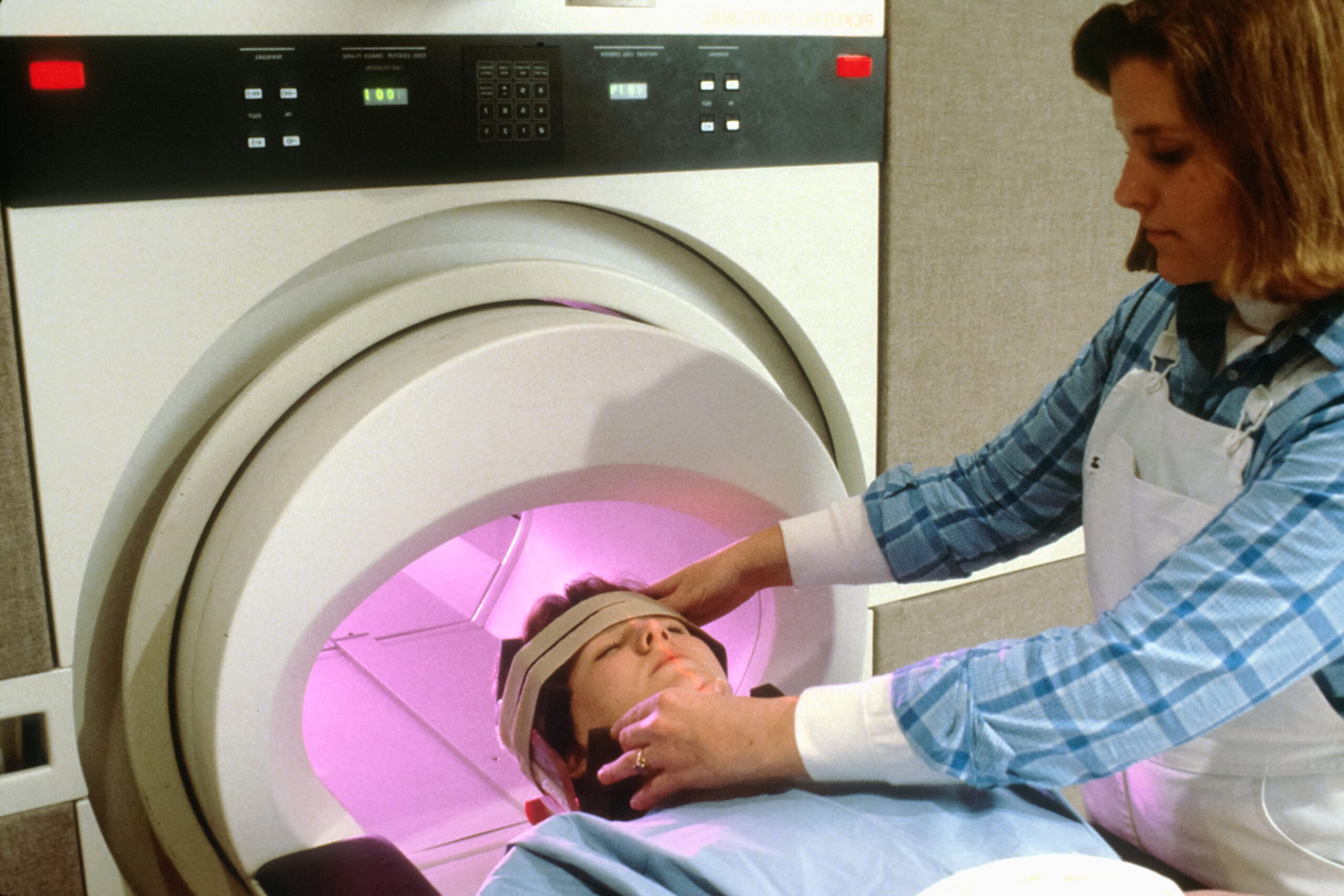Photo by National Cancer Institute on Unsplash
Magnetic Resonance Imaging (MRI) has become an indispensable diagnostic tool in modern medicine, making MRI clinics like PRP Imaging one of the cornerstones of healthcare. They play an indispensable role in diagnosing, monitoring and managing a range of medical conditions – so let’s examine their importance further and how crucial they are.
Accurate Diagnosis
One of the main advantages of MRI scans is their precise diagnostic capabilities. Physicians and specialists rely on them to detect and diagnose a wide array of conditions such as neurological disorders, musculoskeletal injuries, cardiovascular issues and cancerous cells – something early and accurate diagnosis enables prompt treatment to take place effectively and swiftly.
Tailored Treatment Plans
Once a medical condition has been identified, healthcare teams can create tailored plans tailored specifically to each patient. MRI images allow healthcare providers to assess its severity and extent so they can make informed decisions regarding surgery, medication or other interventions.
Tracking Disease Progression
Regular MRI scans are essential in tracking disease progression for those living with chronic illnesses or in treatment, whether that means tracking tumor growth, evaluating treatment effectiveness or measuring medication effects – giving healthcare providers a clear picture of patient health over time. MRI clinics play an invaluable role in providing this insight.
Gain Insight into Neurology With Noninvasive Methods
MRI imaging plays an essential role in neurology. Its noninvasive capabilities allow neurologists to study brain and spinal cord structures with incredible detail, providing invaluable diagnostic information such as multiple sclerosis, stroke, and brain tumor diagnosis. Neurologists rely on MRI for diagnosing multiple sclerosis, stroke, brain tumors and many other conditions without resorting to invasive procedures – this makes MRI a transformative technology in this realm.
Orthopedic Excellence
To accurately diagnose orthopedic injuries and conditions, detailed imaging may be required. MRI clinics offer high-resolution scans of joints, ligaments, tendons and bones in order to assist orthopedic surgeons in making informed decisions regarding surgical interventions or rehabilitation plans – this is especially important when dealing with athletes or individuals suffering musculoskeletal injuries.
Cardiovascular Insights
Cardiologists employ MRI scans to assess the structure and function of the heart and blood vessels, aiding in diagnosing cardiovascular diseases, assessing congenital heart defects, and determining overall cardiovascular health of their patients. Furthermore, its ability to provide dynamic images of the beating heart provides significant advances in cardiac diagnostics.
Improved Safety
One of the primary advantages of magnetic resonance imaging (MRI) lies in its safety profile. As it does not expose patients to ionizing radiation, its health risks for individuals who require frequent imaging examinations – such as those living with chronic illnesses or pregnant women. This benefit becomes especially vital for frequent imaging needs in such instances.
Pediatric Care
MRI clinics play an integral part in pediatric healthcare, offering child-friendly environments for young patients who require scans for various medical conditions. Their noninvasive nature makes MRI especially suitable for pediatric care as it eliminates invasive procedures while decreasing anxiety levels for these young patients.
Research and Innovation
MRI clinics serve not only as diagnostic facilities, but are also hubs of innovation. Constant advancement in MRI science leads to new techniques, better image quality and enhanced diagnostic capabilities – providing patients with accurate medical evaluations at every point in time.
Multidisciplinary Approach
Healthcare is often a collaborative effort among various specialists. MRI clinics play an integral part of this multidisciplinary approach to care by offering invaluable insight to physicians, radiologists, surgeons, and other medical professionals ensuring patients receive comprehensive treatment.
Conclusion
MRI clinics are vital components of modern healthcare. Their ability to provide accurate, noninvasive diagnostic insights makes MRI scans invaluable in diagnosing various medical conditions, early diagnosis, personalized treatment plans, and improved patient outcomes. As technology evolves further, so will MRI clinics’ role within healthcare become even more crucial; driving innovation while increasing quality care delivery.
